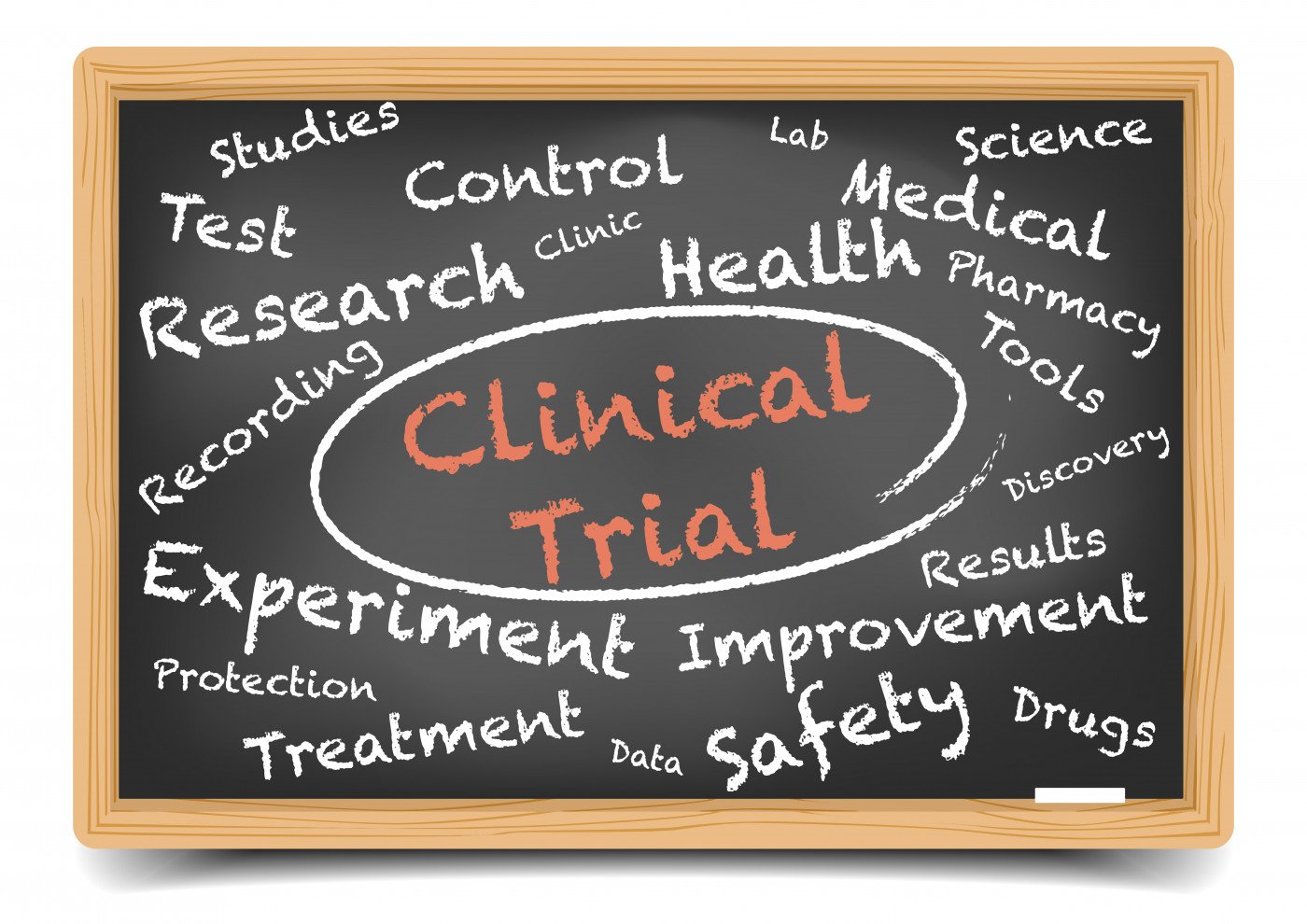Ovid’s Therapy for Angelman Syndrome OV101 Is Focus of Clinical Trials

Ovid Therapeutics is conducting two clinical trials assessing its lead candidate OV101 for the treatment of adolescents and adults with Angelman syndrome. Both trials are currently enrolling participants.
“Ovid has a clear strategy and business plan to build a neurology company focused on rare disorders of the brain,” Jeremy Levin, DPhil, chairman and CEO of Ovid Therapeutics, said in a press release.
“Earlier this year we initiated two clinical trials for OV101, a Phase 2 (STARS) trial in adults with Angelman syndrome and a Phase 1 trial in adolescents with either Angelman syndrome or Fragile X syndrome,” he added.
OV101 (gaboxadol) was designed to specifically inhibit the delta-selective GABAA receptor agonist.
It is believed to be the first investigational drug that specifically targets the underlying molecular events behind some neurodevelopmental disorders. Ovid is currently developing this therapy to potentially restore tonic inhibition — a key feature of the brain to filter real neural signals from background brain activity — and improve several symptoms of Angelman syndrome and Fragile X syndrome.
In preclinical studies, OV101 was able to activate the receptors that are necessary for the correct neuronal activity and tonic inhibition. Results from animal models demonstrated OV101’s therapeutic potential, improving symptoms of Angelman syndrome and Fragile X syndrome, including motor function, sleep, and aspects of behavior and cognition.
In September 2016, OV101 received orphan drug status from the U.S. Food and Drug Administration (FDA) for the treatment of Angelman syndrome.
The drug candidate is currently the focus of two clinical trials to test its safety, tolerability, and efficacy for the treatment of Angelman syndrome and Fragile X syndrome.
An Ovid-sponsored Phase 1 clinical trial (NCT03109756) is evaluating the effects of a single dose of OV101 in teens ages 13 to 17 diagnosed with Angelman syndrome or Fragile X syndrome.
The study, currently enrolling participants in Chicago and Nashville, Tennessee, expects to enroll 12 patients to assess the overall dynamics of the drug, including its distribution and clearance from the body. The company expects to have results from the study in the second half of 2017. For information on enrollment, go here.
The STARS Phase 2 randomized, placebo-controlled trial (NCT02996305) will also assess the efficacy of OV101, but in adults with Angelman syndrome. The company expects to enroll 75 patients ages 18 to 49 at 10 U.S. sites and in Israel. For information, go to this site.
During the trial, several measurements related to overall patient motor skills, clinical symptoms, and quality of life will be used as indicative of treatment effectiveness. Ovid has established a services agreement with NeuroPointDX to identify new molecular biomarkers of Angelman syndrome based on data generated in the STARS trial. Interim results from the trial are expected in 2018.
An additional clinical trial in Angelman syndrome’s pediatric population is also planned pending completion of preclinical studies.






